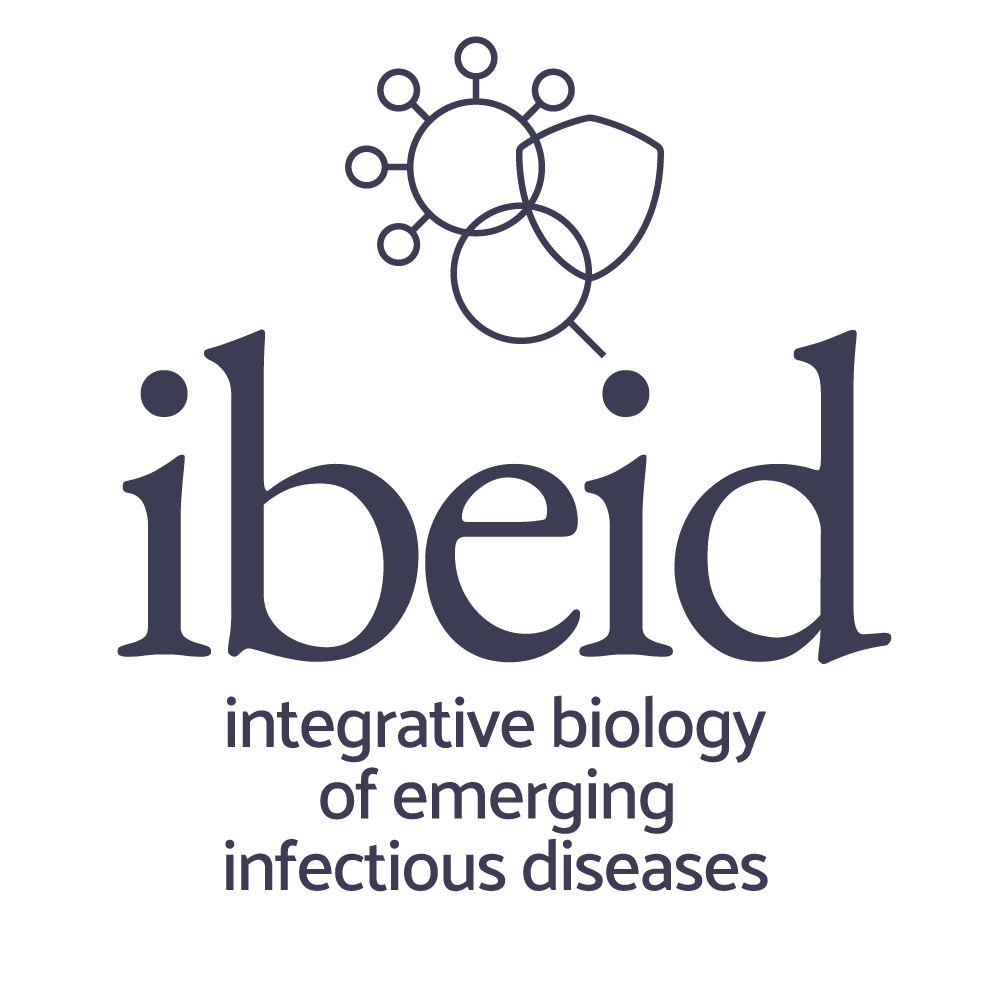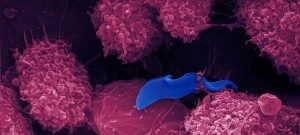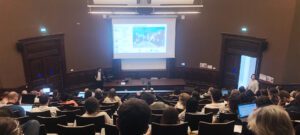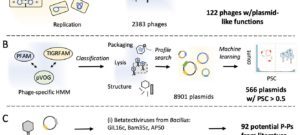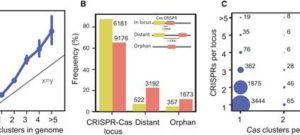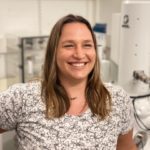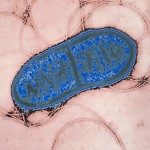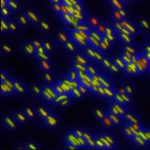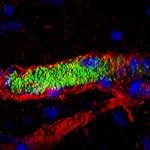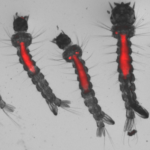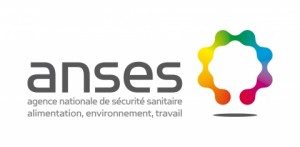Presentation
The aim of the Integrative Biology of Emerging Infectious Diseases (IBEID) project, coordinated by Professors Philippe Sansonetti and Pascale Cossart and currently coordinated by Carla Saleh and Philippe Bastin, is to develop a structure to anticipate and tackle emerging infectious diseases (EIDs).
The LabEx core group is hosted on the Institut Pasteur campus with partners at Institut Cochin, Hôpital Necker and Hôpital Georges Pompidou in Paris. This strong scientific coalition focused on emerging infections is embedded in a network of institutions that are on the frontline of surveillance, analysis and control of emerging infectious diseases. Indeed strong partnerships have been established with Santé publique France (ex InVS) in charge of infectious diseases surveillance and prevention in France, Ecole Nationale Vétérinaire de Maisons-Alfort (ENVA) and Agence Nationale de Sécurité Sanitaire de l’Alimentation, de l’Environnement et du Travail (ANSES) that focuses on infections in the animal world, including understanding how pathogens breach host species barriers.
Download the Labex IBEID presentation document (PDF, 2.1MB)
Project outline
Research project
The major research orientations of the IBEID project are:
Exploring microbial diversity/complexity, detecting emergence
Surveillance of emerging infections needs to be based on a broad, exhaustive and evolving knowledge of the microbial world in its taxonomical, genetic and physiological dimensions, including mechanisms of resistance to drugs.
In this Labex, emphasis will be on:
- Exploring complex flora in man and his environment.
- Basic microbial genetics, physiology and metabolism with emphasis on the novel aspects of microbiology.
- Diagnostic of emerging microorganisms and of the microbiological etiology of (chronic, inflammatory) diseases.
- Resistance to anti-infectious agents.
Exploring host diversity/complexity upon confrontation with microbes
Medicine of tomorrow will become increasingly «personalized»; thus, genetic, environmental and physiological (i.e. age) parameters will be incorporated in preventive and therapeutic schemes. This will be true as well for infectious diseases and for the emerging theme of diseases appearing following individuals losing tolerance to their symbiotic microflora. Some situations like aging of the immune systems might create a new reservoir for infectious emergence.
In this Labex, emphasis will be on:
- Genetics of host susceptibility to infectious agents and to severity of infections. Building a coherent and complementary approach in mice and men.
- Age-dependent susceptibility to infections, the very young, the elderly.
- Microbiota in health and disease.
Exploring host-microbe interactions, defining the species barrier to transmission of infectious agents, vectors, finding novel targets for vaccinology and therapeutics
Understanding disease mechanismsis key to understand « le génie des maladies infectieuses » as stated by Charles Nicolle to qualify the birth (emergence), life and death of infectious diseases.
In this Labex, emphasis will be on:
- Exploring the disease mechanisms of emerging viruses (HIV, HCV, Flu, Dengue).
- Understanding the molecular mechanisms by which pathogens cross the species barrier.
- Strengthening knowledge of insect vectors that play a major role in emergence.
- Revisiting disease mechanisms to find novel targets for vaccinology and therapeutics.
Creating the epidemiological, technological and integrative environment to support major scientific advances in the field of emerging infectious diseases
None of the above domains can be addressed without an unprecedented effort to establish research in modeling of epidemics, conditions of data management and integration and state of the art technological platforms.
In this Labex, emphasis will be on:
- Developing mathematical modeling of emerging infectious diseases.
- Strengthening and diversifying the Genopole activities.
- Building up proteomics.
- Developing imaging in tandem with high-throughput screening.
- Integrating information technologies and complex systems in biology, strengthening bioinformatics.
Training and Recruitment
In addition to the creation of two new Units and five new 5-year groups (G5), a recruitment program for post-doctoral scientists and PhD students has been set up.
As conceived, the LabEx represents a strong potential for outstanding training of master, PhD and post-doctoral scientists, and for the generation of new knowledge that will quickly be integrated into the various courses.



